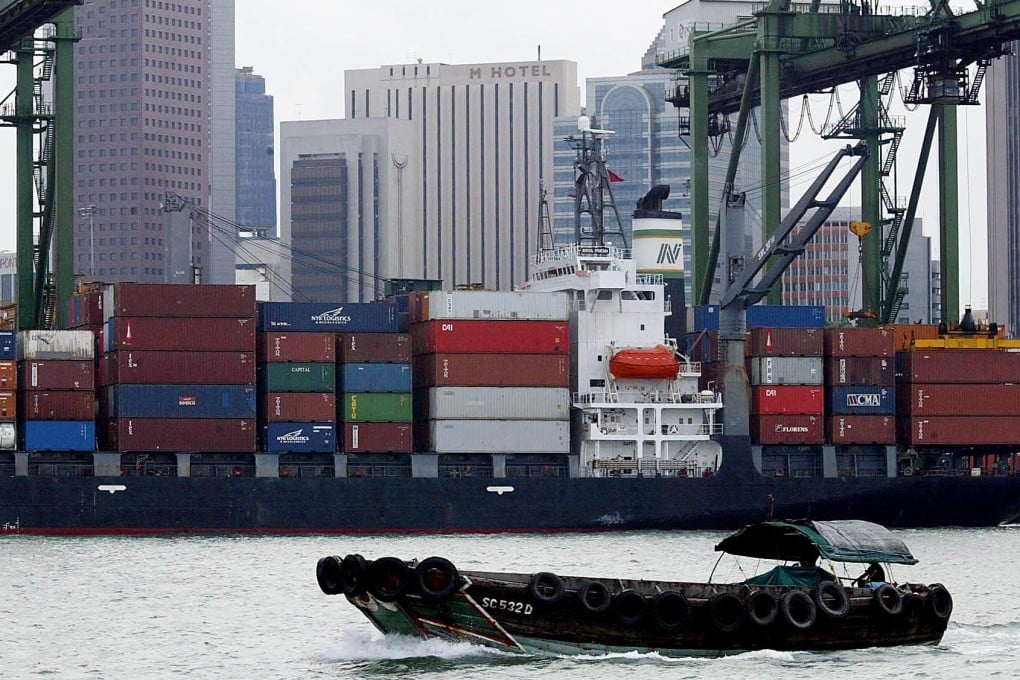Singapore defends move not to charge ex-Keppel executives in Petrobras-linked bribery case
- Last month, Singapore’s Corrupt Practices Investigation Bureau issued ‘stern warnings’ to former Keppel executives in lieu of prosecution due to ‘lack of evidence’
- The six individuals are alleged to have paid bribes amounting up to US$55 million to win building contracts with Petrobras and Sete Brasil

Facing a flurry of questions from lawmakers in parliament over the decision – a subject of public debate in recent weeks – Minister Indranee Rajah said there was “a lack of sufficient evidence, either documentary or through witnesses, which would establish any criminal charge beyond a reasonable double against a specific individual”.
The decision was taken following exhaustive investigations by the country’s powerful Corrupt Practices Investigation Bureau (CPIB) and the Attorney-General’s Chambers, Indranee said.
The cross-border nature of the case and a lack of witnesses made prosecuting the six executives difficult, the minister in the prime minister’s office said.
Lawmakers’ questions on the matter follows a statement issued by the CPIB on January 12 stating that the six individuals – which the agency did not name – had been issued stern warnings in lieu of prosecution. The agency cited “evidentiary difficulties” in its probe.